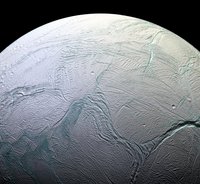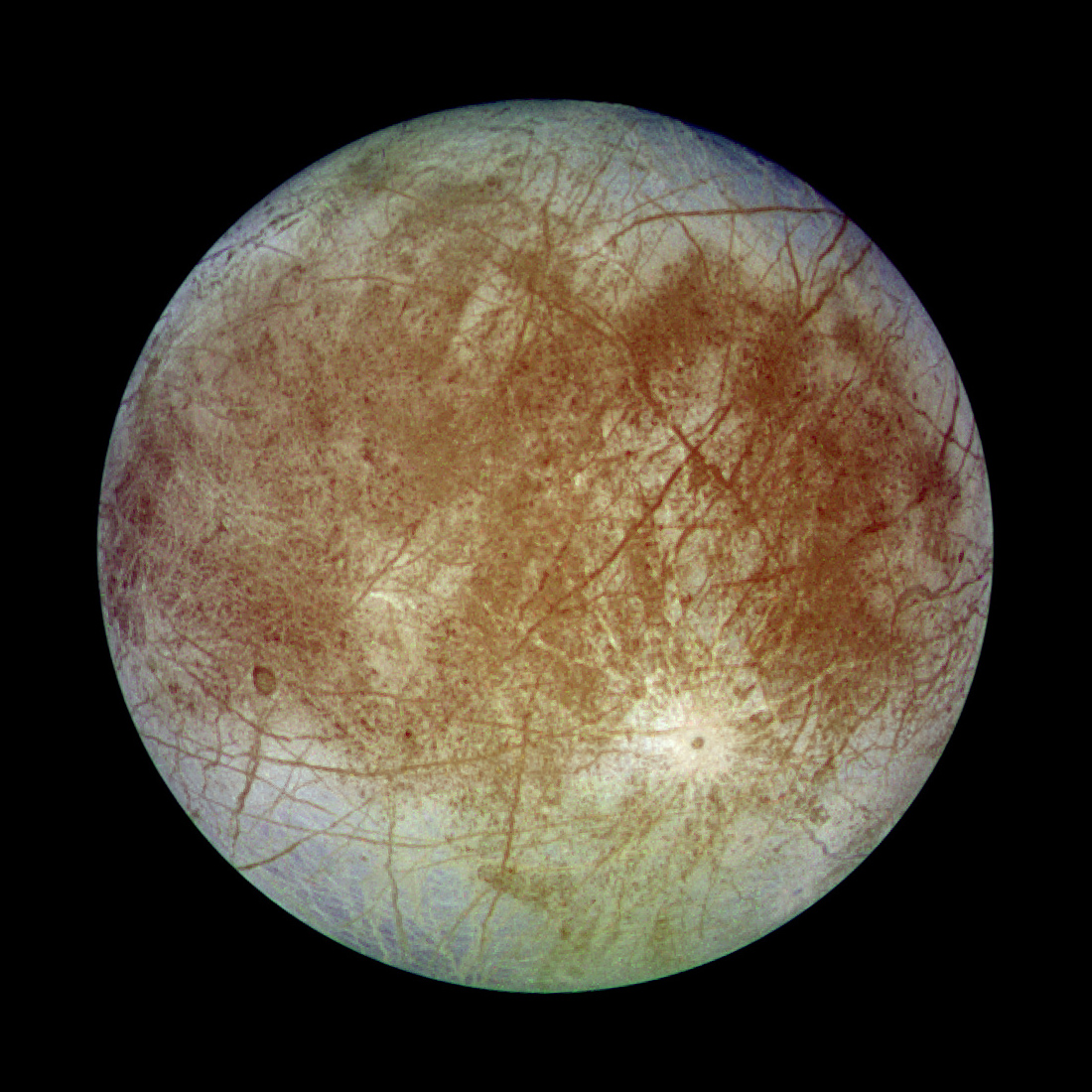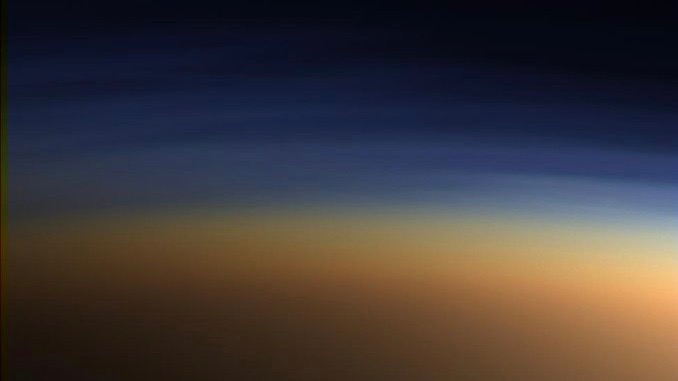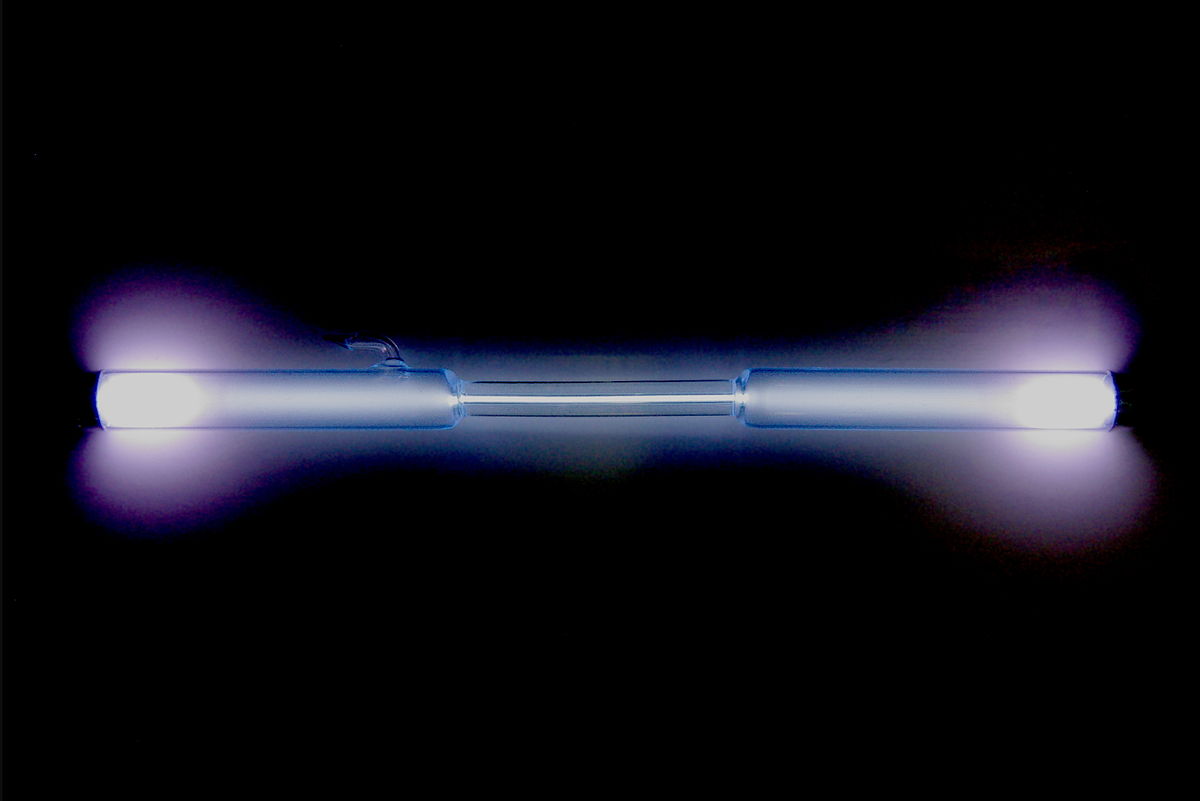
When ice forms on Earth, a liquid phase exists within the ice at temperatures warmer than –55°C if the source fluid is impure. Impurities invariably exist and include both inorganic chemical substances and biological materials, particularly microorganisms, viruses and their organic releases. If the source waters are salty, then the liquid volume fraction of the ice is greater: the temperature-dependent fraction of brine volume in sea ice ranges from ~0.0001 to ~0.2; in glacial ice it rarely exceeds 0.0001; in vitrified glass, it is effectively zero. The extent of the liquid fraction in an ice formation, regardless of source waters or freezing pathway, determines whether the encased organisms are preserved, metabolically active, or reproducing and evolving, assuming other organismal needs and tolerances are also met. Such knowledge from terrestrial studies can inform the search for life on ice-covered moons – in the ice itself and in oceans below an icy crust. Of particular interest is the recovery of microbes that have been preserved in ice, which is a possible scenario to consider for future space missions.
To join using a videoconferencing system:
Please RSVP to Mike Toillion (mike.toillion@nasa.gov) if you will be joining by Polycom.
To view the slides, connect to http://connect.arc.nasa.gov/uwseminar/
To join using a web browser:
The slides and audio/video for this meeting will be presented using Adobe Connect. To join the meeting, connect to:
http://connect.arc.nasa.gov/uwseminar/
If you are having problems connecting, you can try joining http://connect.arc.nasa.gov/uwseminar/?launcher=false, or rebooting your computer, or try joining from another network.
 Getting Under Europa’s Skin
Getting Under Europa’s Skin Tracing Formation and Evolution of Outer Solar System Bodies Through Stable Isotopes and Noble Gas Abundances
Tracing Formation and Evolution of Outer Solar System Bodies Through Stable Isotopes and Noble Gas Abundances Photosynthesis, a Planetary Revolution
Photosynthesis, a Planetary Revolution Xenon: King of the Gases
Xenon: King of the Gases